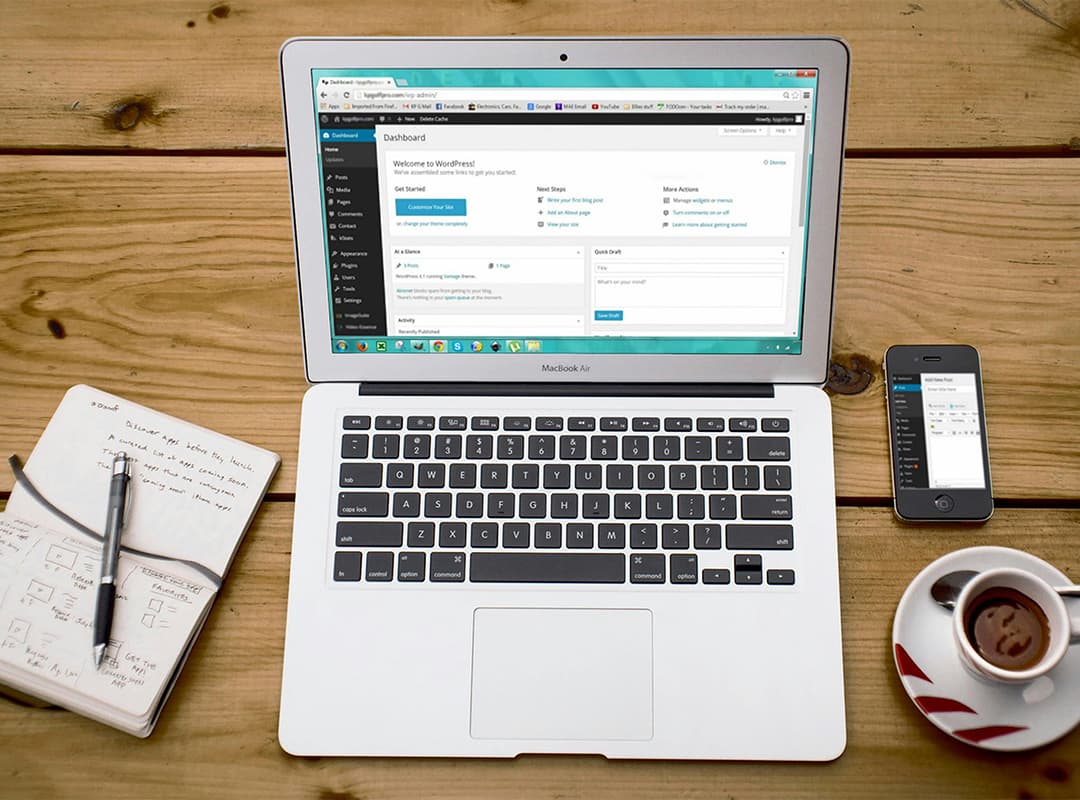
In the dynamic world of WordPress, plugins play a crucial role in extending the functionality of your website. Regular updates are essential to maintain security, ensure compatibility, and access new features. For developers and advanced users, understanding how WordPress handles updates internally can open up opportunities to enhance workflows. One of the key hooks involved in the plugin update process is upgrader_process_complete.
What Is upgrader_process_complete?
The upgrader_process_complete hook is a WordPress action that triggers once an update is successfully completed. This applies to core updates, theme updates, and, most importantly for our focus, plugin updates. It serves as a checkpoint, allowing developers to attach additional tasks or actions after the update process finishes.
Why Is This Hook Important?
- Automation: Developers can automate post-update actions such as clearing temporary files or updating configuration settings.
- Monitoring: It’s helpful for tracking updates to ensure everything runs smoothly, especially in complex environments.
- Custom Alerts: Site owners can receive notifications when specific plugins are updated, providing greater oversight for website management.
Practical Applications of upgrader_process_complete
1. Monitoring Plugin Updates
Keeping track of which plugins are updated and when can be critical for maintaining your website. By utilizing this hook, you can set up logs or alerts that notify you about successful updates, ensuring you’re always informed.
2. Post-Update Optimizations
After a plugin update, certain optimizations might be required. For instance, clearing cache files, re-indexing database content, or refreshing data can enhance your site’s performance and stability.
3. Financial Management: Handling PayPal Fees
If your site involves e-commerce, updates to payment-related plugins are especially important. For example, if a plugin update modifies transaction structures or introduces new fee calculations, such as PayPal fees, you can ensure the update triggers a review or recalibration of payment handling settings. This helps prevent discrepancies and maintains accurate financial tracking.
Best Practices for Handling Plugin Updates
- Test Updates on a Staging Site
Before rolling out updates on a live website, test them on a staging environment. This minimizes the risk of breaking your site due to incompatibilities. - Regular Backups
Always back up your site before performing updates. While theupgrader_process_completehook can alert you about successful updates, it’s essential to have a fallback in case of unforeseen issues. - Monitor Critical Plugins
Some plugins, especially those handling payments or user data, require closer monitoring. Set up custom alerts for these plugins to stay proactive in addressing any post-update requirements.
The upgrader_process_complete hook is a powerful tool for developers and advanced WordPress users. It enables you to monitor, automate, and optimize processes after plugin updates. Whether you’re managing a small blog or a large e-commerce site, understanding and leveraging this hook can save time and improve your site’s efficiency.
For online stores dealing with sensitive operations like payment processing, ensuring seamless updates is vital. Use this hook to stay ahead of potential challenges, such as recalibrating settings for PayPal fees or addressing other critical adjustments. With the right practices in place, your site will remain secure, efficient, and reliable.